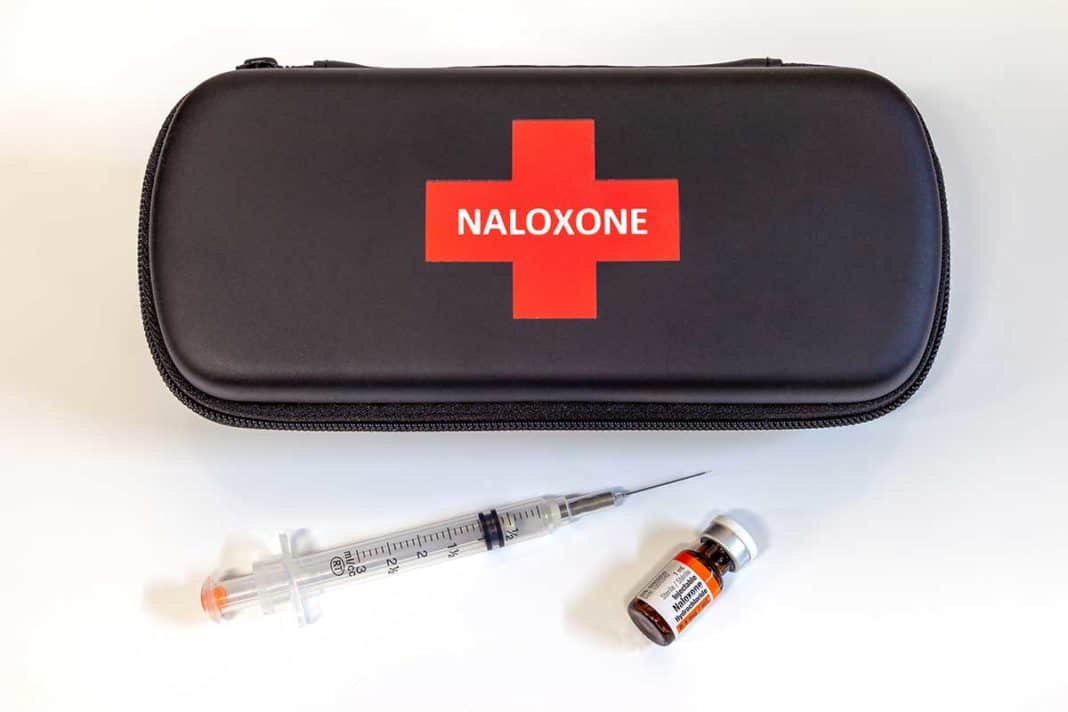OTTAWA – Data released by the Special Advisory Committee on the Epidemic of Opioid Overdoses demonstrated the devastating broader impacts of the COVID-19 pandemic, confirming that 2020 was the worst year for overdoses and deaths in Canada since Public Health Agency of Canada (PHAC) began monitoring the crisis in 2016.
In the statement released June 23, Co-Chairs Dr. Theresa Tam, Canada’s chief public health officer and Dr. Jennifer Russell, New Brunswick’s chief medical officer of health said that 6,214 Canadians died last year due to opioid-related overdoses. On average, 17 people died and 14 people were hospitalized due to opioid-related overdoses every day.
Communities in western Canada and Ontario, men and Canadians aged 20 to 49 have been most impacted by substance-related harms. The data indicated that half of the opioid-related deaths in 2020 also involved a stimulant like cocaine or methamphetamine.
New modeling of projections from the PHAC suggest that opioid-related deaths could continue to increase, or may remain high, throughout 2021. Current projections under this model suggest that we may see between 1,600 and 2,000 deaths during each quarter this year.
Dr. Tam and Dr. Russell pointed to an increasingly toxic and unpredictable drug supply, increased use of substances as a way to cope and limited availability or accessibility of health and social services for people who use drugs, including lifesaving harm reduction and treatment as some of the contributing factors to the worsening opioid overdose crisis during the COVID-19 pandemic in Canada.
They cited a number of actions that can be taken to save lives and help people who use drugs, including improving access to and distribution of naloxone; delivering overdose response training; expanding harm reduction and treatment services such as safer supply programs; opioid agonist treatment; supervised consumption and overdose prevention sites; mental health supports; and reducing barriers to care such as stigma.
Continued collective efforts are necessary to address substance use and help people obtain the supports they need, said the co-chairs. “We must continue to gather evidence to better understand the complexity of the overdose crisis, including other factors playing a role in substance-related harms such as people’s living situations and the use of more than one substance at the same time.”
They encourage people to learn more about the latest evidence and how they can make a difference to prevent overdoses and save lives.
For more on the opioid epidemic as it pertains to Manitoulin Island, please see the special supplement included in the June 23 edition ‘Out of the Shadows: An in-depth look at Manitoulin’s opioid crisis’ or view the document online at manitoulin.com. Copies are available at The Expositor Offices in Little Current and Gore Bay.





